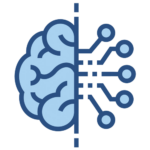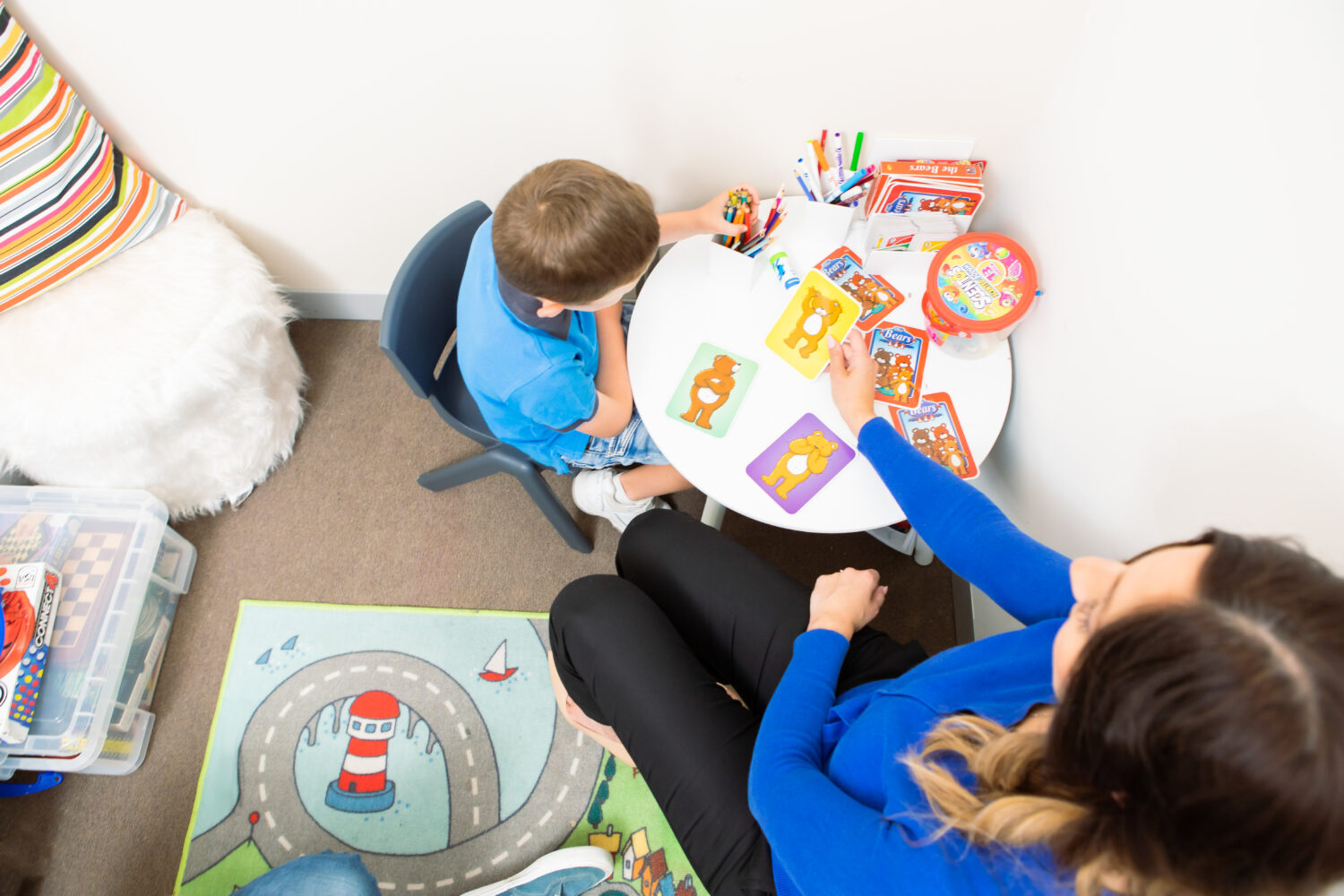You may have heard of the term cognitive assessment or, perhaps, psychoeducational assessment, but are unsure of what it means. It may have been recommended by your child’s teacher or paediatrician that your child undergo a cognitive or psychoeducational assessment. But what does this type of assessment actually entail?
The term psychoeducational assessment is often be used interchangeably with cognitive assessment. However, typically, they serve different purposes.

Cognitive Assessments
A cognitive assessment involves administering a standardised assessment tool that ascertains an individual’s profile of strengths and weaknesses in five primary areas of cognitive functioning:
- verbal comprehension,
- visual-spatial skills,
- fluid reasoning (non-verbal reasoning),
- working memory, and
- processing speed
The profile of strengths and weaknesses is crucial when it comes to educational planning and advising on potential accommodations that may be required within schools.
Psychoeducational Assessments
A psychoeducational assessment involves a cognitive assessment, as well as administration of standardised tools that measure academic skills, such as:
- reading,
- writing, and
- mathematical abilities
This type of assessment allows for investigation into the individual’s cognitive profile of strengths and weaknesses, coupled with their current level of academic ability. Furthermore, a psychoeducational assessment allows for investigation into learning disabilities, such as:
- dyslexia,
- dyscalculia, and
- dysgraphia
A cognitive or psychoeducational assessment can also be undertaken in conjunction with assessment of neurodevelopmental challenges, such as Attention-Deficit/Hyperactivity Disorder (ADHD). This typically involves the administration of standardised tools that align with diagnostic criteria for such disorders.
Assessment Process
A cognitive or psychoeducational assessment involves the following steps:
- intake session with the parent, where developmental history is gathered by the assessing psychologist
- assessment session(s), whereby the individual is administered the cognitive and/or academic achievement assessment tools
- feedback session, whereby the assessing psychologist presents the results of the assessment to the parent (and child, if appropriate) and the final report is provided to the parents

If you have concerns for your child’s cognitive and/or academic functioning, or are querying whether ADHD is present, you can call or email our friendly staff at Mindspace Psychology and they will be able to provide you with some information and answer any questions you might have.
We have clinicians trained in the administration of cognitive and psychoeducational assessments who can support you in determining whether a cognitive or psychoeducational assessment is necessary for your child.



